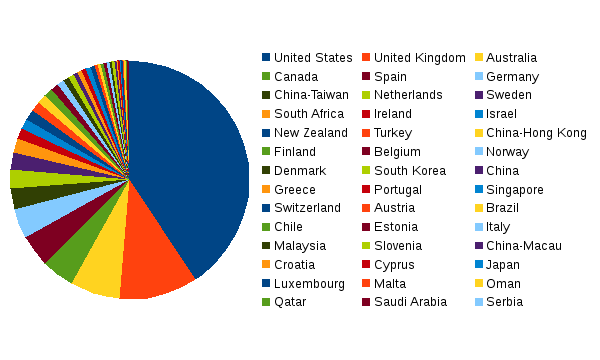Elevating Indonesia's Education System: A Path to Global Excellence
Introduction : Indonesia, a nation rich in talent and potential, is home to many brilliant individuals who have achieved greatness in various fields. Yet, when it comes to global education rankings, Indonesia often lags behind. This article explores the challenges facing Indonesia's education system and offers a roadmap to elevate it to world-class standards.
The Current State of Education in Indonesia
Indonesia's education system faces several challenges, including:
- Unequal Access: Disparities in educational access persist, with rural areas often having limited resources and opportunities compared to urban centers. Ensuring equal access to quality education is crucial.
- Teacher Quality: The quality of teachers varies widely. Continuous professional development and support are essential to enhance teaching standards.
- Curriculum and Pedagogy: The curriculum needs to be updated to meet the demands of the modern world, emphasizing critical thinking, problem-solving, and digital literacy. Innovative teaching methods should be encouraged.
- Infrastructure and Resources: Many schools lack proper infrastructure and resources, impacting the learning environment. Investment in school facilities and learning materials is imperative.
- Standardized Testing: Overemphasis on standardized testing can hinder a holistic approach to education. A more balanced assessment system should be adopted.
Steps to Improve Indonesia's Education System
- Investment in Education: The government should prioritize education in budget allocation, ensuring sufficient funds are allocated to improve infrastructure, teacher training, and resources.
- Teacher Development: Implement comprehensive teacher training programs and incentivize qualified educators to work in underserved areas. Encourage lifelong learning for teachers.
- Curriculum Reform: Update the curriculum to align with 21st-century skills. Integrate critical thinking, creativity, problem-solving, and digital literacy into the core curriculum.
- Technology Integration: Embrace technology in education by providing schools with internet access and digital tools. Promote e-learning platforms and digital resources.
- Parent and Community Engagement: Involve parents and communities in education decisions and initiatives to create a supportive learning environment.
- Inclusivity: Ensure education is inclusive and accessible to all, regardless of socioeconomic background, gender, or location. Implement scholarship programs and incentives for students from disadvantaged backgrounds.
- Assessment Reform: Move away from excessive standardized testing and explore alternative assessment methods that evaluate a broader range of skills and abilities.
- Public Awareness: Launch public awareness campaigns to highlight the importance of education and parental involvement in a child's learning journey.
- International Collaboration: Foster partnerships with international organizations and universities to exchange knowledge and best practices in education.
- Long-Term Vision: Develop a clear, long-term vision for the future of education in Indonesia, with measurable goals and regular assessments of progress.
Conclusion
Elevating Indonesia's education system to world-class standards requires concerted efforts from the government, educators, parents, and the wider community. By addressing the existing challenges, investing in quality education, and fostering a culture of innovation and inclusivity, Indonesia can empower its youth to compete on the global stage and contribute to the nation's progress and prosperity. Together, we can inspire a generation of lifelong learners and achievers who will make Indonesia a shining star in the world of education.
